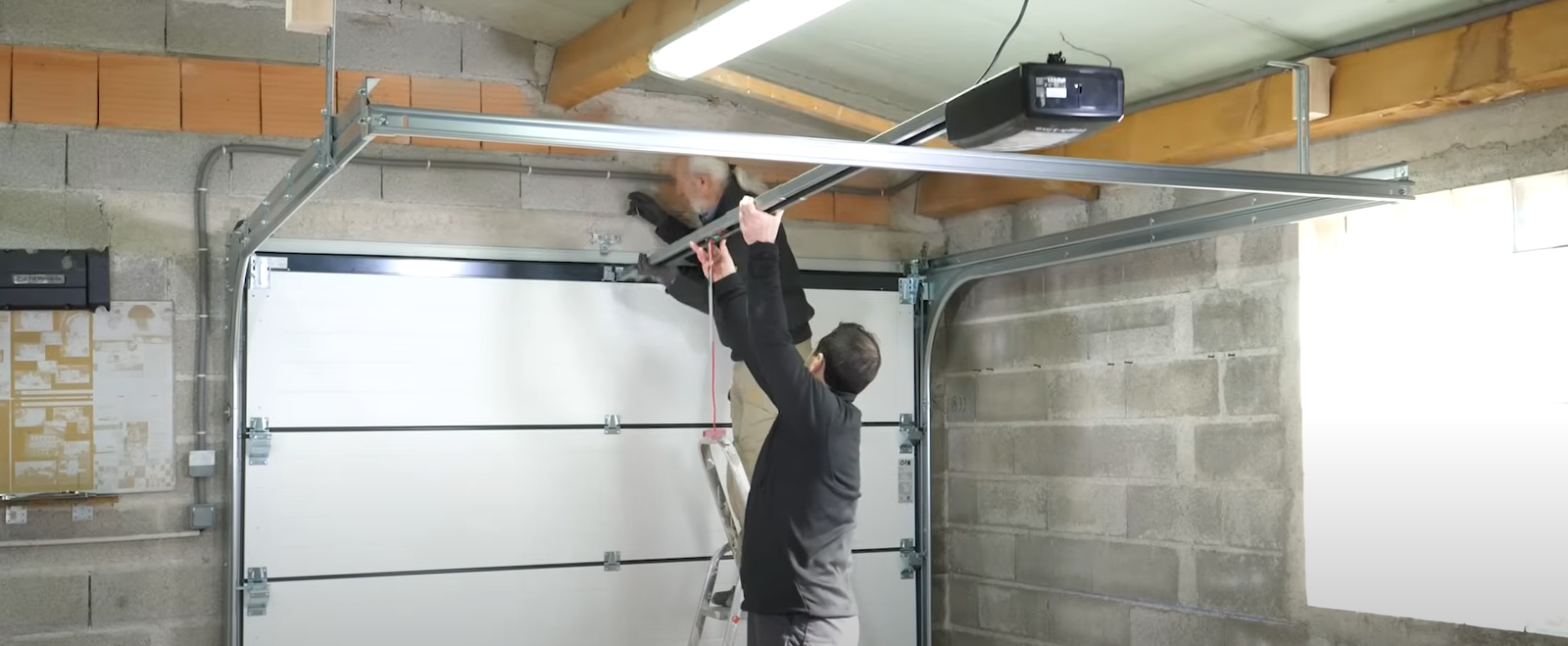- COMMERCIAL GARAGE DOOR REPAIR
- GARAGE DOOR OPENER INSTALLATION
- GARAGE DOOR SPRING REPAIR
- SAME-DAY GARAGE DOOR REPAIR
- CUSTOM GARAGE DOOR
- GARAGE DOOR OPENER REPAIR
- GARAGE DOOR TRACK REPAIR
- GARAGE DOOR CABLE REPAIR
- GARAGE DOOR PANEL REPAIR
- LOCAL GARAGE DOOR REPAIR
- GARAGE DOOR REPLACEMENT
- NOISY GARAGE DOOR FIX
- GARAGE DOOR INSTALLATION
- GARAGE DOOR SECTION REPLACEMENT
- OVERHEAD GARAGE DOOR REPAIR
- GATE REPAIR

Garage Door Opener Repair: How Weather Conditions Can Impact Your Garage Door's Performance
Your garage door opener battles the elements every day, working tirelessly in whatever Mother Nature throws its way. While these robust machines are built to handle various conditions, extreme weather can take a toll on their performance and longevity.
From scorching Florida summers to unexpected cold snaps, weather conditions can create challenges that may leave you stranded with a non-functioning garage door. Understanding how different weather patterns affect your opener helps you prepare for potential issues and take preventive measures.
At Garage Door Repair Sapphire Shores, we’re here to help. This guide explores how weather impacts garage door opener performance, from temperature extremes to humidity and storms. You’ll find practical solutions to protect your opener and ensure reliable operation year-round, no matter the weather conditions.
Understanding Weather-Related Performance Issues
Weather can impact garage door openers in several ways, often leading to the need for garage door opener repair to address these challenges:
Temperature Fluctuations: Metal components expand and contract with temperature changes, potentially misaligning the mechanisms. Electronic parts are also vulnerable, as extreme hot or cold conditions can reduce the reliability of circuit boards and sensors.
Moisture and Humidity: Persistent humidity or water exposure can corrode metal parts and damage electrical connections. Even with weather sealing, modern openers may still face issues in coastal areas, like Sapphire Shores, where salt-laden air accelerates corrosion.
Barometric Pressure Changes: Sudden drops in pressure before storms can cause door panels to shift, increasing strain on the motor. High winds can also create resistance, putting additional stress on the lifting mechanism.
Regional and Seasonal Variation: The severity of weather-related issues depends on the climate. Mild and stable regions experience fewer problems, while areas with extreme temperature swings, high humidity, or frequent storms face greater challenges in maintaining consistent performance.
Understanding these factors can help homeowners address potential issues and extend the lifespan of their garage door openers.
Humidity, Moisture, and Electrical Component Protection
Humidity presents significant challenges for garage door openers, especially in coastal areas where salt-laden moisture accelerates corrosion. Here’s a breakdown of how humidity affects garage door openers and steps you can take to mitigate the damage:
Weather-Resistant Features and Limitations
- Many modern openers include weather-resistant designs, but prolonged exposure to high humidity can overwhelm these protections.
Electrical Component Vulnerability
- Circuit boards, wiring, and sensors are particularly prone to moisture damage.
- Safety sensors near the floor are at greater risk due to exposure to rain, sprinklers, or condensation, which can cause corrosion and lead to malfunctions or failures.
Condensation Risks
- Warm, humid air meeting cooler metal surfaces inside the opener housing results in condensation.
- This moisture can drip onto sensitive electronic components, increasing the likelihood of damage, especially during seasonal temperature shifts.
Metal Component Corrosion
- Chains, springs, brackets, and other hardware are susceptible to rust and weakening over time.
- Ongoing exposure to high humidity can result in component failure and potential safety hazards.
Preventative Measures and Maintenance
- Inspect metal components monthly for signs of rust or corrosion.
- Keep electrical connections clean and dry to prevent moisture damage.
- Apply protective coatings to exposed metal parts to reduce corrosion risks.
- Ensure proper garage ventilation to minimize humidity buildup.
- Schedule professional maintenance to include moisture protection and early detection of potential issues.
Adopting these steps can help extend the life of your garage door opener and ensure safe, reliable operation in humid environments.
Conclusion
Weather conditions significantly impact garage door opener performance, but understanding these challenges helps you maintain reliable operation year-round. Temperature extremes affect mechanical components and electronics, while humidity threatens both metal and electrical parts. By recognizing weather-related symptoms early and taking preventive measures, you can extend your opener’s lifespan and avoid unexpected failures.
Regular maintenance becomes even more critical in challenging climates. Seasonal preparation, appropriate lubricants, and professional inspections help your opener weather any storm. When weather-related issues arise beyond basic maintenance, trust experienced professionals like Garage Door Sapphire Shores to diagnose and resolve problems correctly.
Don’t let weather conditions leave you stranded with a non-functioning garage door. Implement these protective measures today to ensure your opener continues operating reliably, regardless of what Mother Nature has in store.
